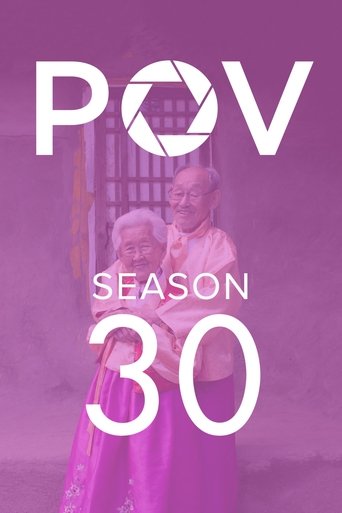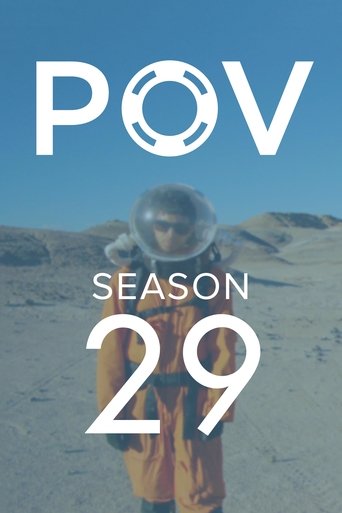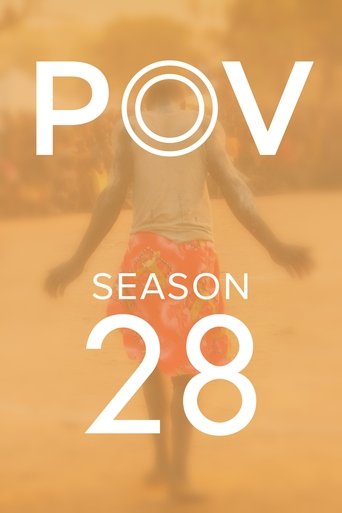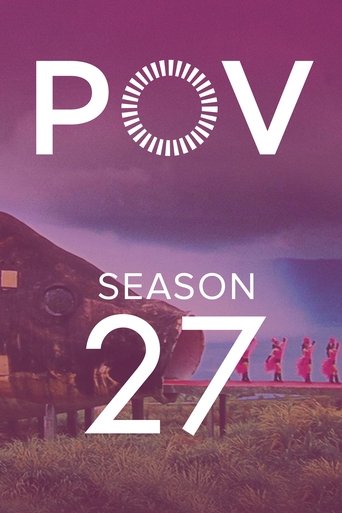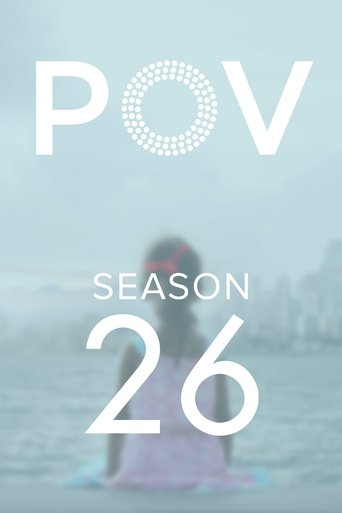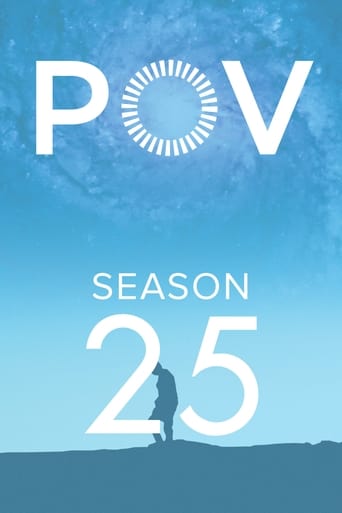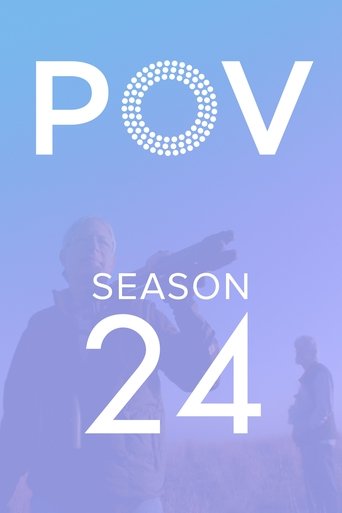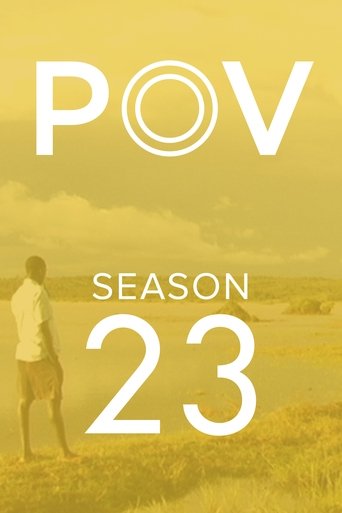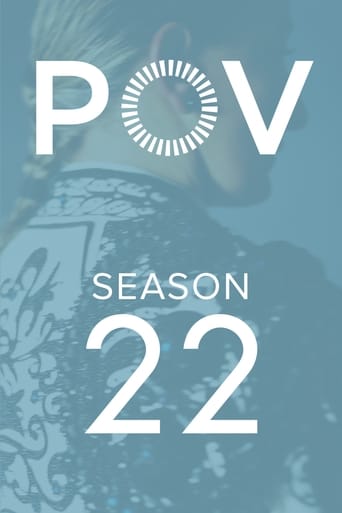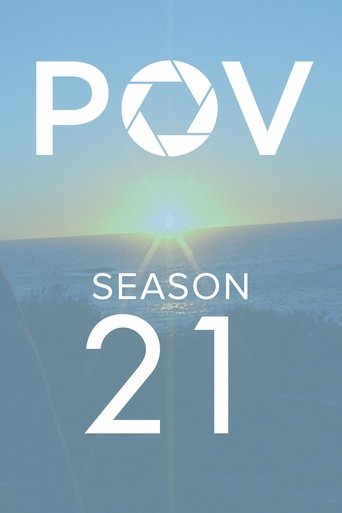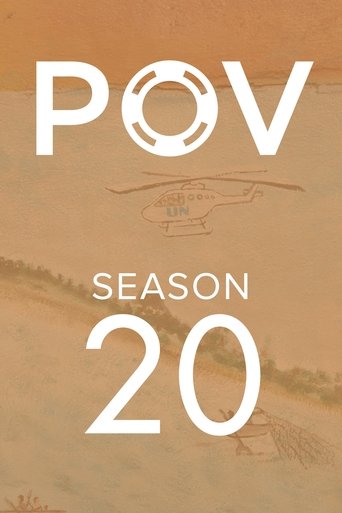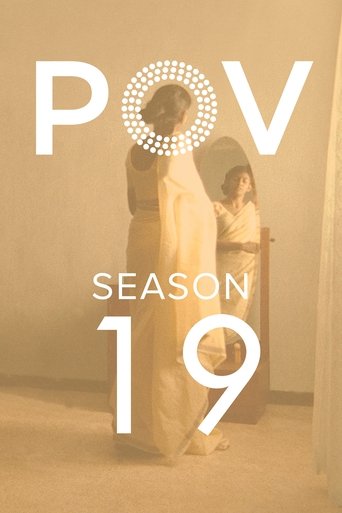POV Season 16
POV is a Public Broadcasting Service public television series which features independent nonfiction films. POV is an initialism for point of view. POV is the longest-running showcase on television for independent documentary films. PBS presents 14-16 POV programs each year, and the series has premiered over 300 films to U.S. television audiences since 1988. POV's films have a strong first-person, social-issue focus. Many established directors, including Michael Moore, Jonathan Demme, Terry Zwigoff, Errol Morris, Albert and David Maysles, Michael Apted, Frederick Wiseman, Marlon Riggs, and Ross McElwee have had work screened as part of the POV series. The series has garnered both critical and industry acclaim over its 20-plus years on television. POV programs have also won major industry awards including three Oscars, 32 Emmys, 36 Cine Golden Eagles, 15 Peabody Awards, 11 Alfred I. duPont-Columbia Awards, the Prix Italia and the Webby Award.
Watch Trailer
POV Season 16 Full Episode Guide
State of Denial is a 2003 documentary film about AIDS in Africa, produced and directed by Elaine Epstein. The film highlights the errors of President Mbeki's government, which insists that there isn't enough evidence to show that HIV causes AIDS and refuses vital life-saving drugs to their people because of unknown long-term risks. The film follows the stories of HIV positive Africans and activists as well as their careers, interspersed with the harrowing statistics of the AIDS epidemic in Africa. It features various HIV positive patients coping with the disease in times when the use of ARV medicine was strongly discouraged by the South African government. The movie captures the desperation and growing discontent of average South Africans infected and affected by the disease. Some of the subjects interviewed make heartbreaking but inspirational statements about AIDS and how living with it is like. After the death of his brother who also succumbed to the disease, a young man is filmed saying the following: For me, it was the most traumatic time in my life because I could see myself in him. You know, he didn’t really have to die as helplessly as he did. And not only him, but thousands and thousands of people are dying unnecessarily. It makes me sick.
West 47th Street is a documentary film produced by Bill Lichtenstein and June Peoples of the Peabody Award-winning Lichtenstein Creative Media. "West 47th Street" is an intimate cinéma vérité portrait of four people with serious mental illness as their lives naturally unfold over a three-year period beginning in spring 2001. The characters are all members of Fountain House, a psychiatric rehabilitation programme located on West 47th Street in a part of New York City once known as Hell's Kitchen. At times hilarious and at other times tragic, West 47th Street provided an unprecedented window on the lives of people who are often feared and ignored, seldom understood. The film features Fitzroy Fredericks; Zeinab Wali; Nathanial "Tex" Gordon; and Frances Olivero. The film highlights the faith and courage with which these four people fight to regain control of their lives. Viewers see them on and off the streets, in and out of the hospital, on and off medication, at home and at work. The film was the “Editors’ Choice – Pick of the Night," by TV Guide. The Cleveland Film Festival hailed the film as: “The most wrenching moments in the Cleveland International Film Festival belonged not to any scripted plot, but to a special preview of this vérité documentary masterpiece." Dennis King at Tulsa World wrote, "A life-altering cinema experience. Watch it and you'll no longer be able to pass those troubled souls on the street without noticing, without caring, without understanding that attention must be paid.
Few American icons are as well known for their popular kitsch as the hula dance. From old Hollywood movies to entertainment for tourists, the hip-swaying girls in grass skirts and colorful lei have long masked an ancient cultural tradition. Now, after years of being shadowed by stereotypes, the hula is experiencing a rebirth that celebrates Hawaiian culture.
90 Miles is a 2001 documentary film written and directed by Juan Carlos Zaldívar. The film is a recounting of the events that lead Zaldívar to become a Marielito and leave Cuba for a better life in Miami. It premiered in 2003 on PBS as part of its P.O.V. series. It won two awards: the Grand Coral, First Prize, for Documentary and the Memoria Documentary Award. 90 Miles recounts the strange twist of fate that took Juan Carlos Zaldívar across one of the world's most treacherous stretches of water. It is a journey of a family in search for healing and understanding. Probing and thoughtful, Zaldívar uncovers the emotional distance opened in thousands of families by the 90 miles between the U.S. and Cuba.
What are the chances that a former prostitute could be elected a Member of the Parliament of New Zealand by a conservative, rural district? What if that person were also a transsexual? The odds may seem daunting, but Georgina Beyer did it.
Flag Wars is a poignant account of the politics and pain of gentrification. Working-class black residents in Columbus, Ohio fight to hold on to their homes. Realtors and gay home-buyers see fixer-uppers. The clashes expose prejudice and self-interest on both sides, as well as the common dream to have a home to call your own.
Seasons








